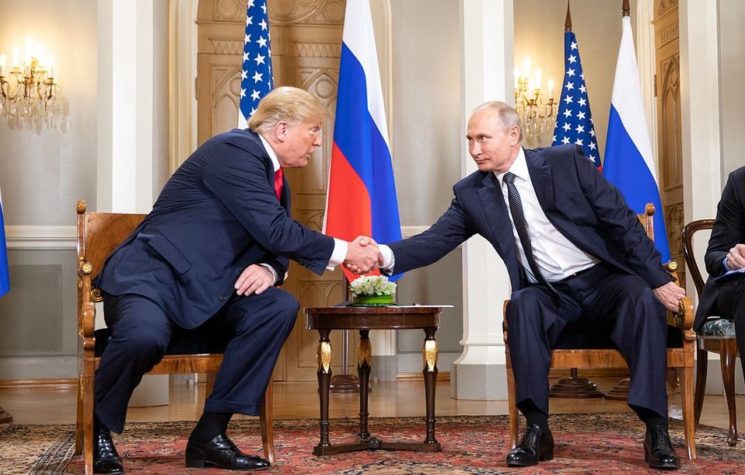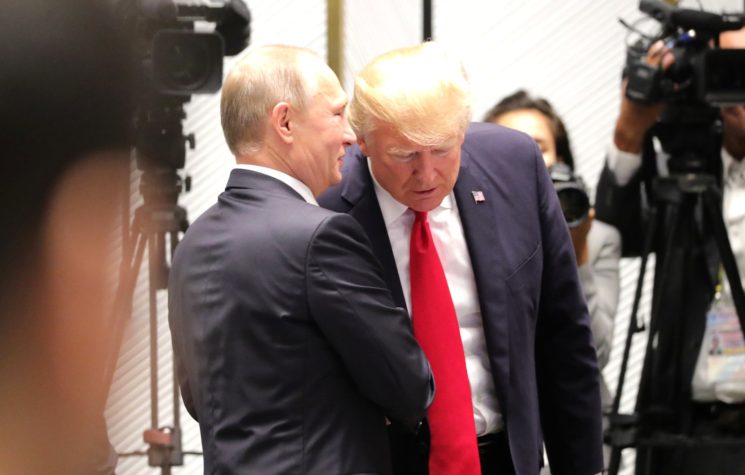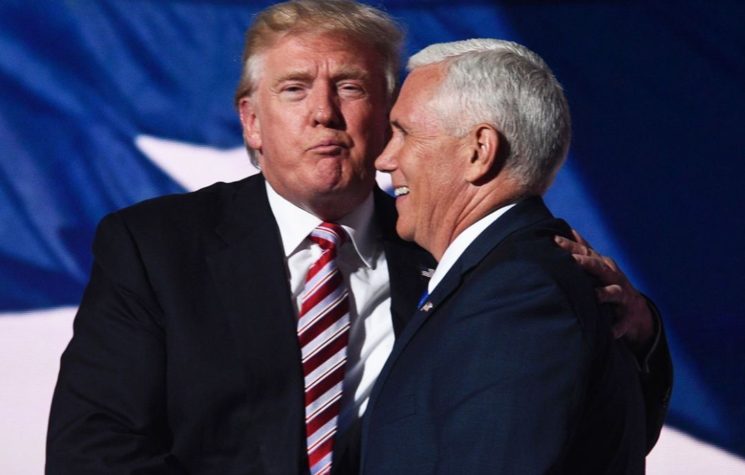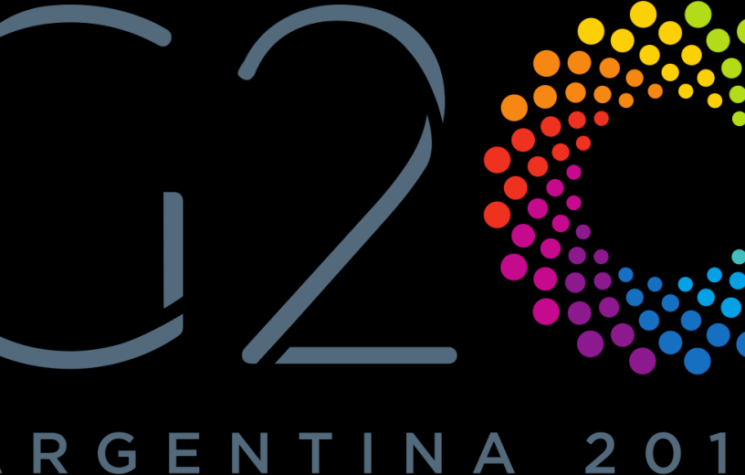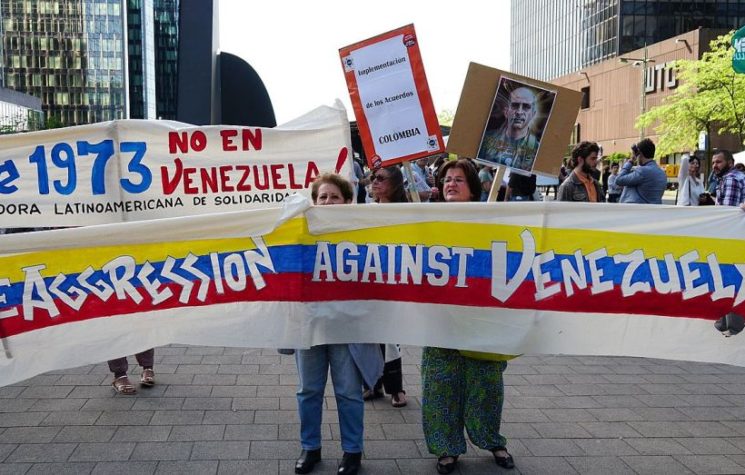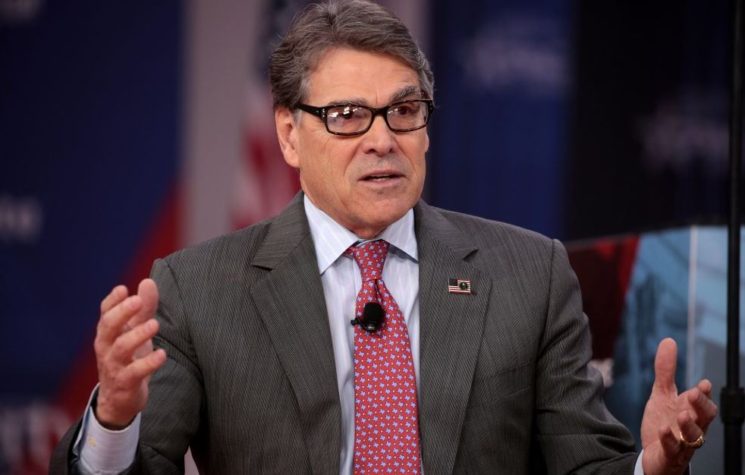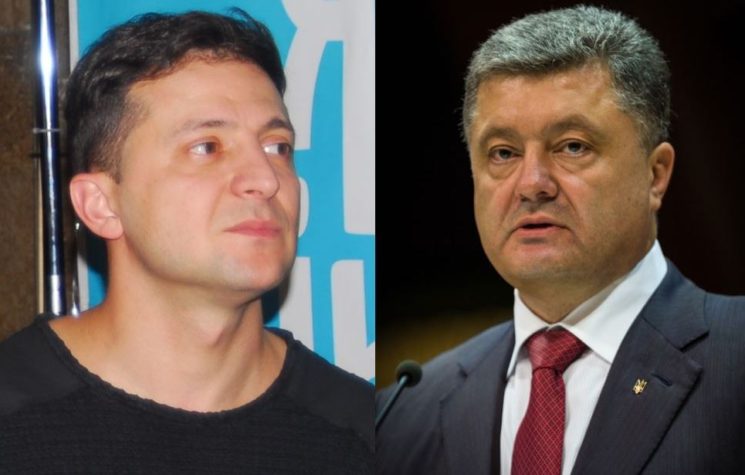Despite the deep schism that separates America’s deranged political duopoly, they do share a common foreign policy pet project, and that is to prevent Russia from ever shining again on the global stage in all fields of endeavor.
One of Donald Trump’s main pledges on the 2016 campaign trail was to rekindle the dying embers of US-Russia relations, which had been undergoing a mini Ice Age under Barack Obama, his ballyhooed ‘reset’ notwithstanding. But before Trump was ever put to the test of romancing Russia, he was sidelined by one of the most malicious political stunts of the modern age.
It is only necessary to recall the 2016 Winter of Our Discontent when the Democratic leader sent 35 Russian diplomats and their families packing just before New Year’s Eve in retaliation for Russia’s alleged involvement in hacking the Democratic National Committee’s computers. Before Trump ascended the throne, those unfounded claims lit the fuse on ‘Russiagate,’ the debacle which continues to undermine not just US-Russia relations, but the entire US political system.
Yet would things have turned out any differently between Washington and Moscow had the Democrats graciously accepted defeat in 2016 without feeling the need to blame remote Russia? I am not sure.
Today, observers reason that the US Republicans have no choice but to ‘get tough’ on Russia in an effort to dispel Democrat-generated rumors of excessive coziness with the Kremlin. Last year, for example, Trump bested Obama on the Russia front when he expelled 60 Russian diplomats in response to an alleged assassination attempt on former British spy, Sergey Skripal; an astonishing move on the part of the US conservative, but with so much riding on the line was it really a surprise?
And what was it exactly that was ‘riding on the line’? Aside from good relations between the world’s two premier nuclear powers, not to mention thwarting nuclear Armageddon as Prime Minister Theresa May very unwisely issued an ultimatum to Russia over the matter, there is the question of hundreds of billions of dollars of business contracts – from gas supplies to military hardware. Tycoon Trump would sooner win over European gas supplies than the plains of Central Asia, for example, the geopolitical lynchpin so dear to the hearts of US policymakers, like the late Zbigniew Brzezinski. This is where so many people misread Donald Trump: His heart and mind is devoted to the business deals, not the military steals. But that doesn’t necessarily make his moves are any less dangerous.
From President Trump’s perspective, Russia is a 500-pound cigar-chomping guy at the negotiating table with an ego and stature equal to his own that must be vanquished lest The Deal be lost and he – Donald J. Trump, CEO and Founder of The Trump Organization – look like a second-rate negotiator and fraud. Similar to the methods a belligerent globalist, Trump the inveterate businessman will do anything to achieve leverage in the pursuit of profit.
This is where Trump was only too happy to oblige the British with their extremely suspect Skripal story because vilifying the Russians, once again, would give the US an upper hand in stealing business away from Moscow, most notably in the realm of European gas supplies. Presently, the Trump administration is trying hard to halt progress on Nord Stream 2, an ambitious 11 billion euro ($12.4 billion) project to construct a gas pipeline under the Baltic Sea from Russia to Germany.
Speaking from Kiev this week, US Energy Secretary Rick Perry said Washington, once again endorsing the spirit of free competition and enterprise, was preparing to introduce sanctions on foreign companies involved in the project.
But that’s just the beginning.
To show how low the Americans would stoop to get a piece of this lucrative European market, which the Russian’s have been dutifully supplying for many decades, they’ve gone for some dramatic rebranding, calling LNG supplies “freedom gas.” You know, the byproduct of ‘freedom fries.’
“Increasing export capacity from the Freeport LNG project is critical to spreading freedom gas throughout the world by giving America’s allies a diverse and affordable source of clean energy,” said US Under Secretary of Energy Mark W. Menezes.
Dmitry Peskov, official spokesman of the Russian president, scoffed at such cynical attempts by Washington to strong-arm nations into accepting its preferred version of the ‘free market.’
“Instead of fair competition they prefer to act like in Wild West times,” Peskov told RT’s Sophie Shevardnadze ahead of the St. Petersburg International Economic Forum (SPIEF). “They just show the gun and say that no, you guys here in Europe, you are going to buy our natural gas and we don’t care that it is at least 30% more expensive than the gas coming from the Russians. This is the case.”
Perhaps nowhere else is this effort to ‘control the market’ more evident than in the realm of military spending, and particularly among NATO states. Currently, European countries spend some $240 billion annually on military weapons and forces, while Russia spends just $66 billion each year. Yet for businessmen like Trump, that is not good enough. Employing the vacuous claim of an ‘aggressive Russia,’ Trump is passing around the proverbial hat, demanding that NATO members contribute an ever-higher amount of their GDP to military spending. At the same, the eastern border with Russia has become militarized like never before.
Here there is striking convergence on the part of the Democrats and Republicans when it comes to Russia. The Democrats under Barack Obama, accepting the baton passed to them by the Bush administration, dropped a US-made missile defense system in Romania, a stone’s throw from the Russian border. Obama’s assurances that the Russians would be allowed to participate in the project were casually forgotten. But the Russians, who know a thing or two about military strategy, did not forget.








